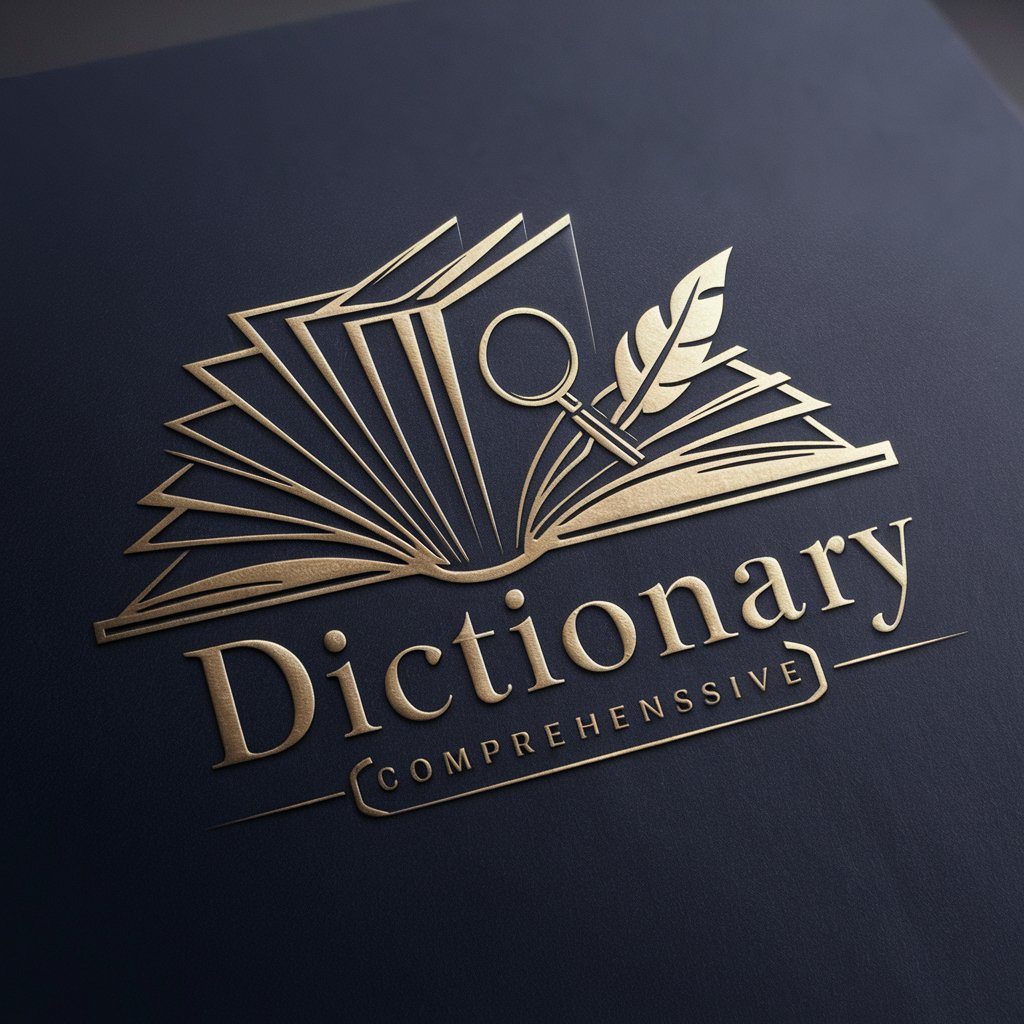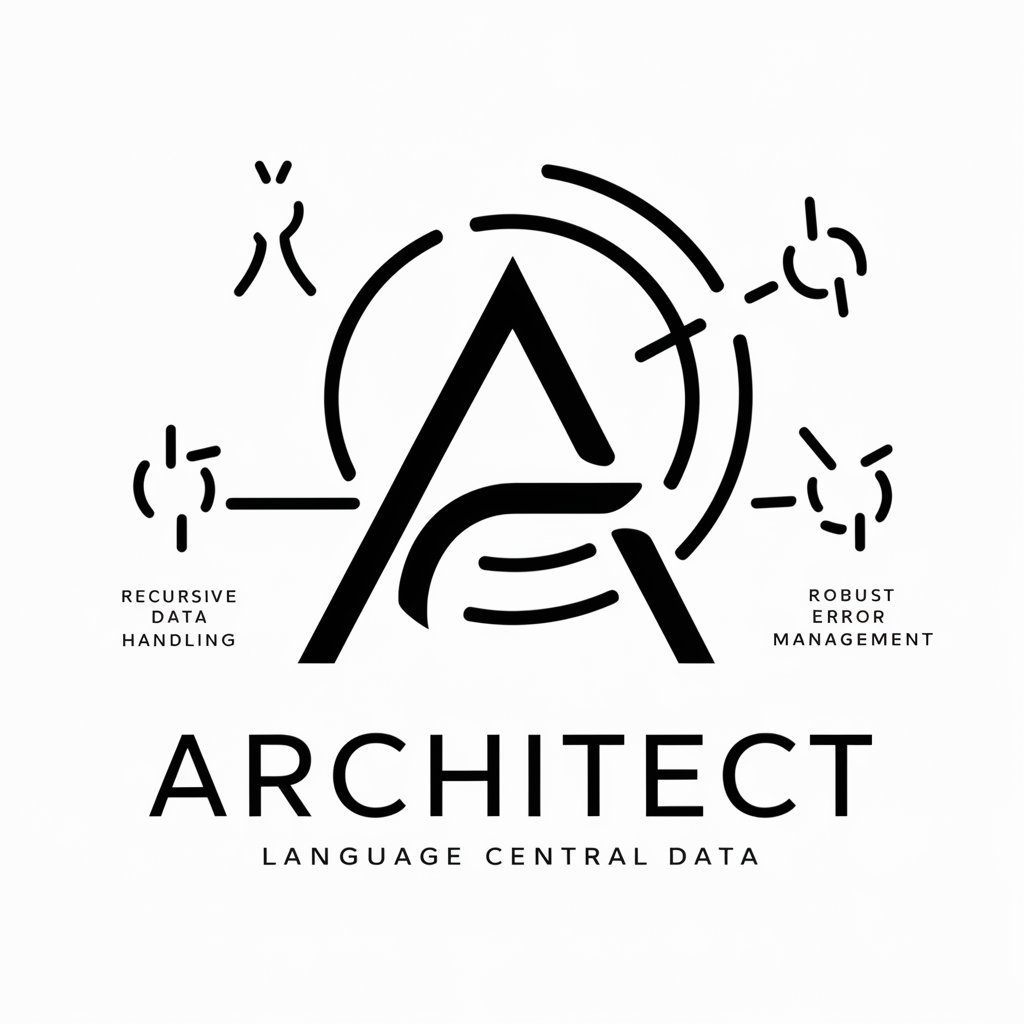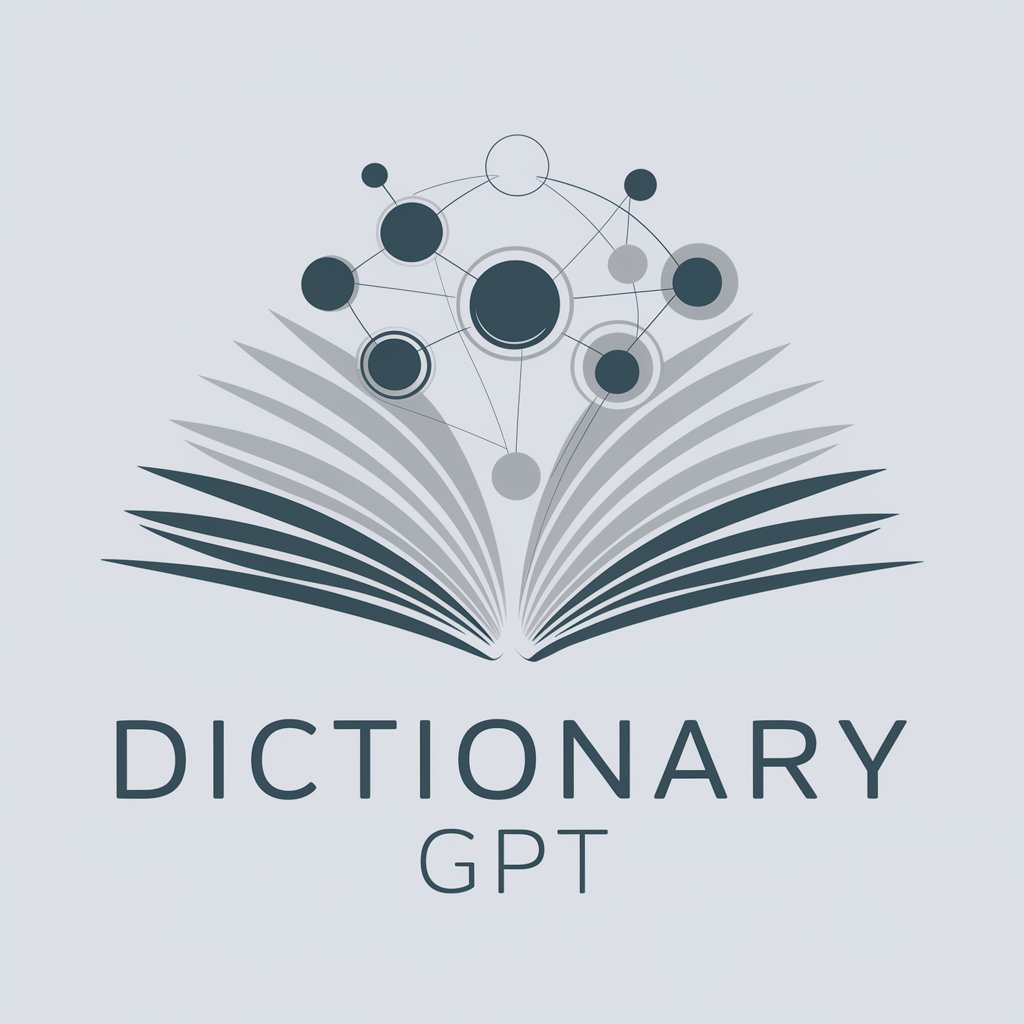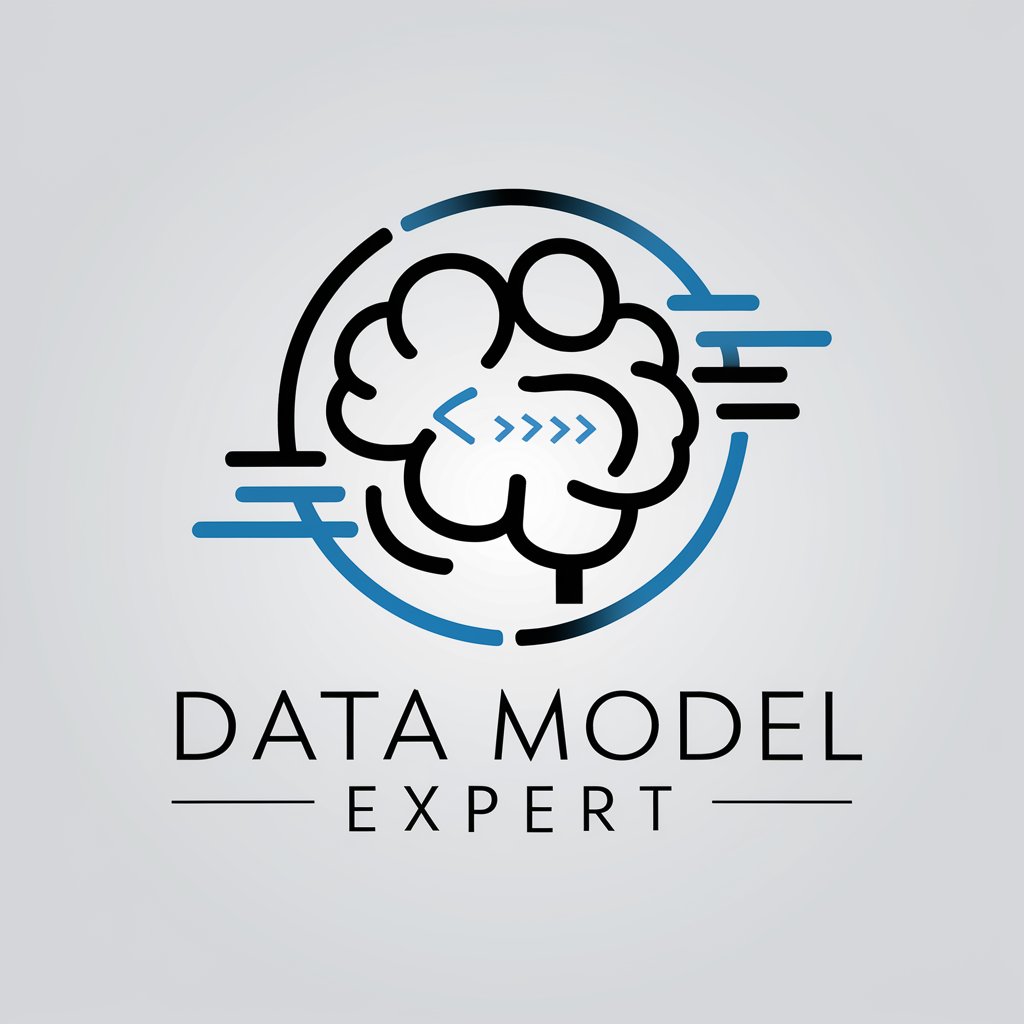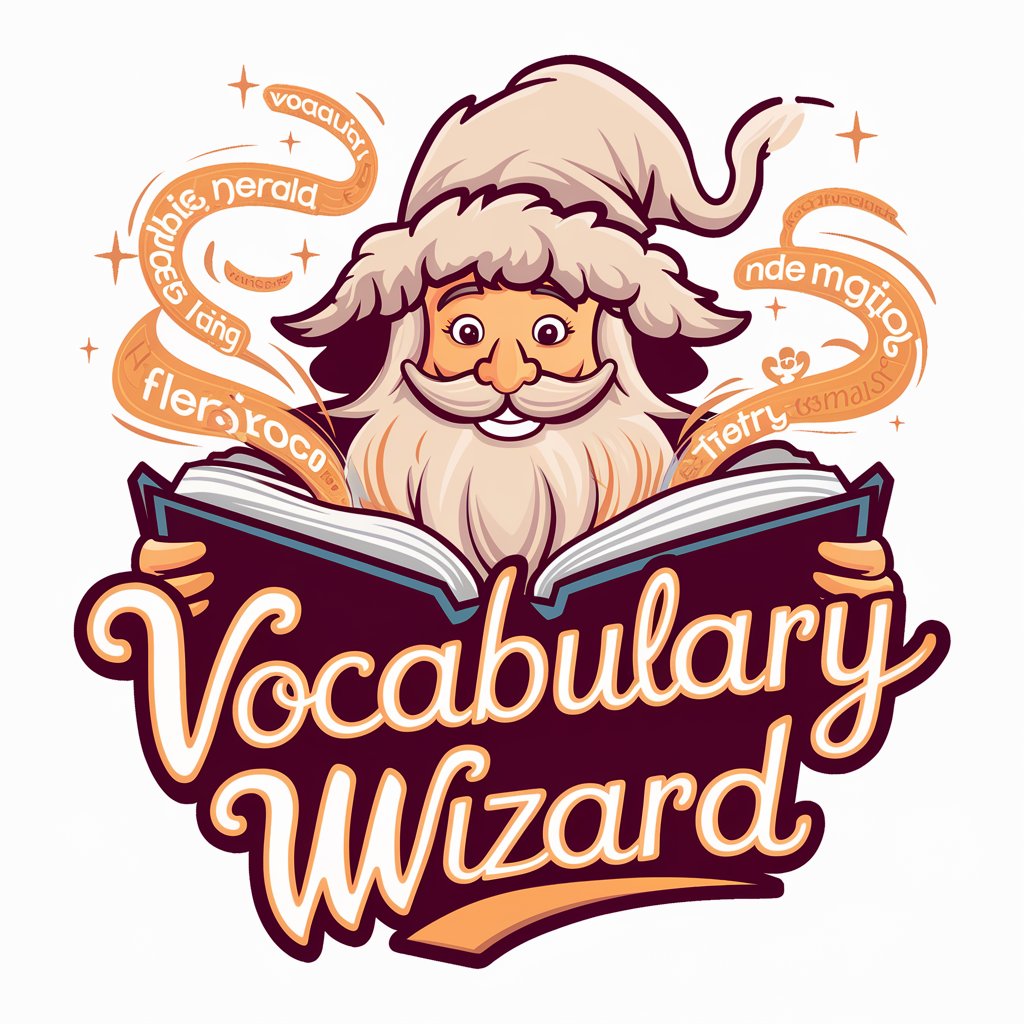
Dictionary Architect - Advanced Dictionary Tool
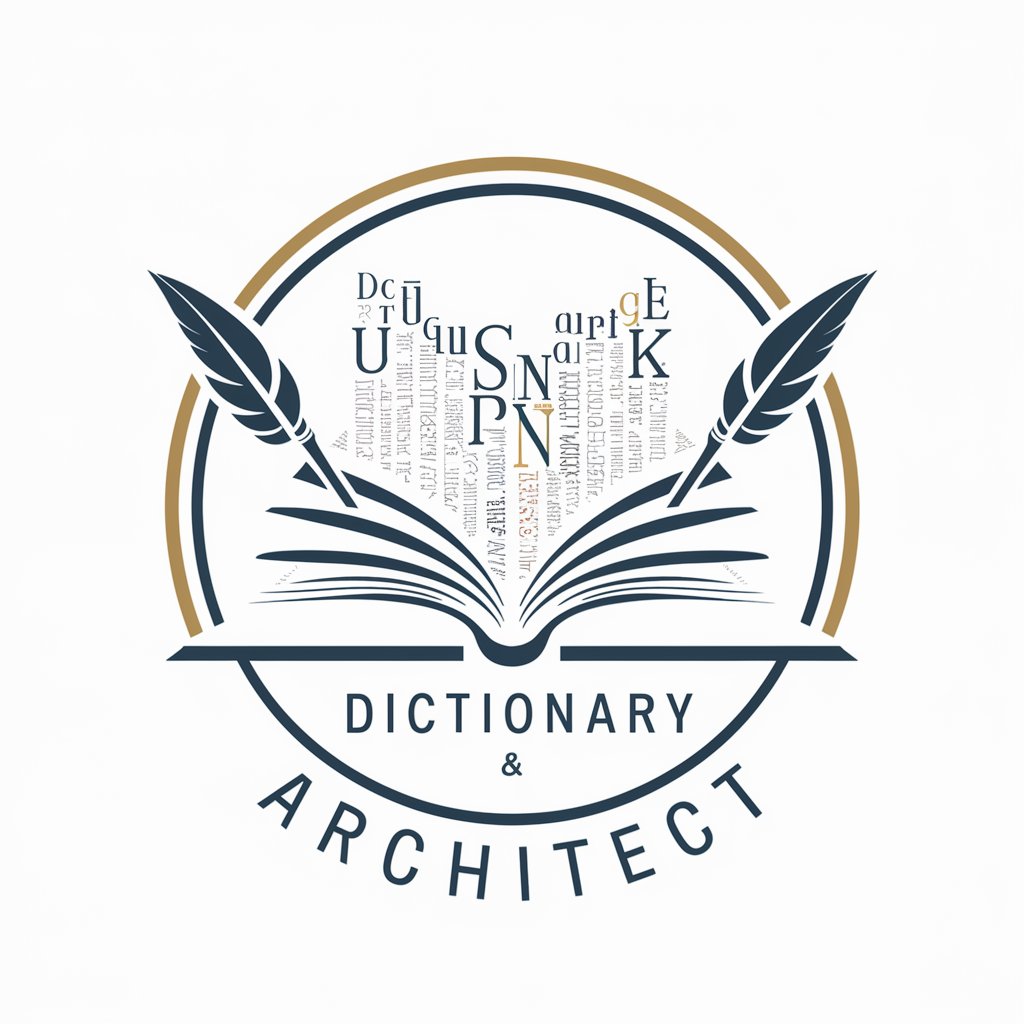
Welcome to Dictionary Architect, your gateway to word mastery.
AI-powered, In-depth Language Mastery
Define the word 'example' with detailed nuances and uses.
Explain the etymology and meanings of the word 'complex.'
Describe the various parts of speech and definitions of 'run.'
Provide comprehensive definitions and examples for the word 'light.'
Get Embed Code
Dictionary Architect: An Overview
Dictionary Architect is an advanced linguistic tool designed to delve deep into the essence of words, transcending the boundaries of traditional dictionary definitions. At its core, it combines the meticulous craft of etymology with a comprehensive array of definitions for each word, tailored to cover various parts of speech. Unlike standard dictionaries, Dictionary Architect provides an expansive series of nuanced definitions, continuing a sequential numbering system across different grammatical categories. These definitions are enriched with detailed explanations, including emotional and associative nuances, illustrative example sentences, pronunciation guides, and notes on regularity or irregularity. Synonyms and antonyms are meticulously listed to further enhance understanding. An example scenario illustrating Dictionary Architect’s depth could involve the word 'set.' Beyond the basic meaning, it would explore its use as a noun (e.g., 'a collection of objects'), a verb (e.g., 'to place something down'), and even in more abstract senses (e.g., 'the sun sets'), providing a rich, layered understanding of its use in language. Powered by ChatGPT-4o。

Core Functions and Applications
Etymological Exploration
Example
Exploring the word 'philosophy,' Dictionary Architect would detail its Greek origins, from 'philos' (love) and 'sophia' (wisdom), offering insight into how the meaning has evolved over centuries.
Scenario
Useful in academic research or curricular development, where understanding the historical context of terms enriches the content.
Comprehensive Definition Provision
Example
For 'light,' definitions would span physical light (as a noun), lightness in weight (as an adjective), and to illuminate (as a verb), each with detailed explanations and examples.
Scenario
Beneficial for writers seeking the perfect nuance for their narrative or for learners grappling with the multifaceted uses of English words.
Synonym and Antonym Listing
Example
In describing 'happy,' synonyms like 'joyful' and 'content' are differentiated by subtle emotional nuances, while antonyms such as 'sad' are explored in depth.
Scenario
Ideal for content creators aiming to diversify their vocabulary while maintaining precise meanings.
Who Benefits from Dictionary Architect?
Language Learners
Individuals mastering English as a second language will find the depth and breadth of definitions, especially the nuanced explanations and examples, invaluable for their learning process, aiding in comprehension and usage.
Writers and Editors
Professionals and hobbyists in writing, editing, or content creation will appreciate the tool’s capacity to uncover the perfect word for any context, enriching their work with precision and variety.
Academics and Researchers
Those engaged in linguistic, literary, or historical research will benefit from the etymological insights and detailed definitions, facilitating a deeper understanding of language evolution and contextual usage.

How to Use Dictionary Architect
Visit yeschat.ai
Begin your experience by accessing yeschat.ai to try Dictionary Architect for free, no login or subscription required.
Choose your word
Select a word for which you need detailed definitions, synonyms, and usage examples. You can type it into the search box.
Explore definitions
View the comprehensive definitions sorted by parts of speech, including nuances, example sentences, and pronunciation details.
Utilize advanced features
Use the tool’s features to see historical and etymological backgrounds, and explore synonyms and antonyms for enhanced understanding.
Apply knowledge
Incorporate the detailed insights gained into your writing, teaching, or other relevant tasks to improve clarity and depth.
Try other advanced and practical GPTs
Diary of Your Growth
Empower Your Journaling with AI

Gratitude Guide
Cultivate gratitude daily with AI-powered prompts.

Botty voor de Luie Winkelaar
Sarcastically finding you the best grocery deals.

Crypto Predictor GPT
AI-powered Bitcoin Forecasting

Legal Mumbo Jumbo GPT
Simplifying Legal Jargon with AI
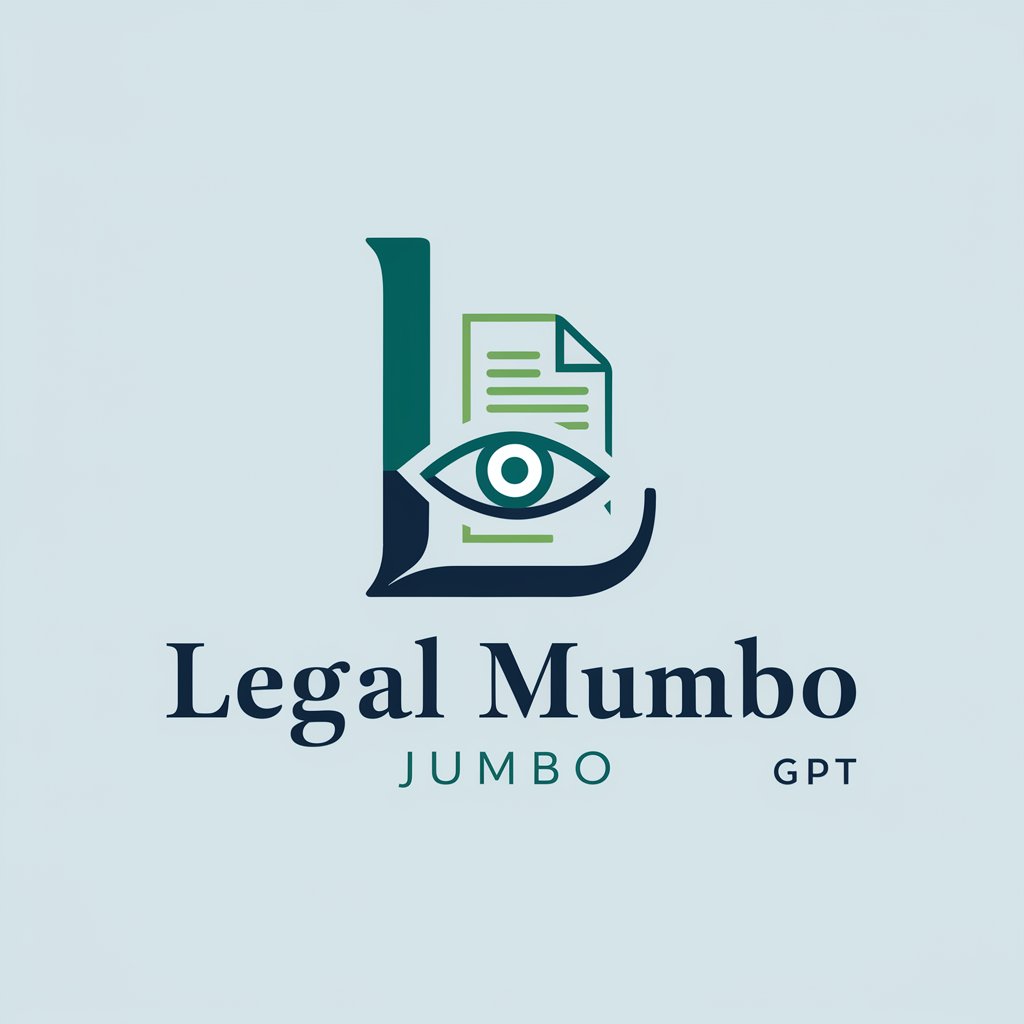
Mein Business
Empowering businesses with AI-driven conversations

Life in the Trenches
Uncover WWI through Soldiers' Eyes
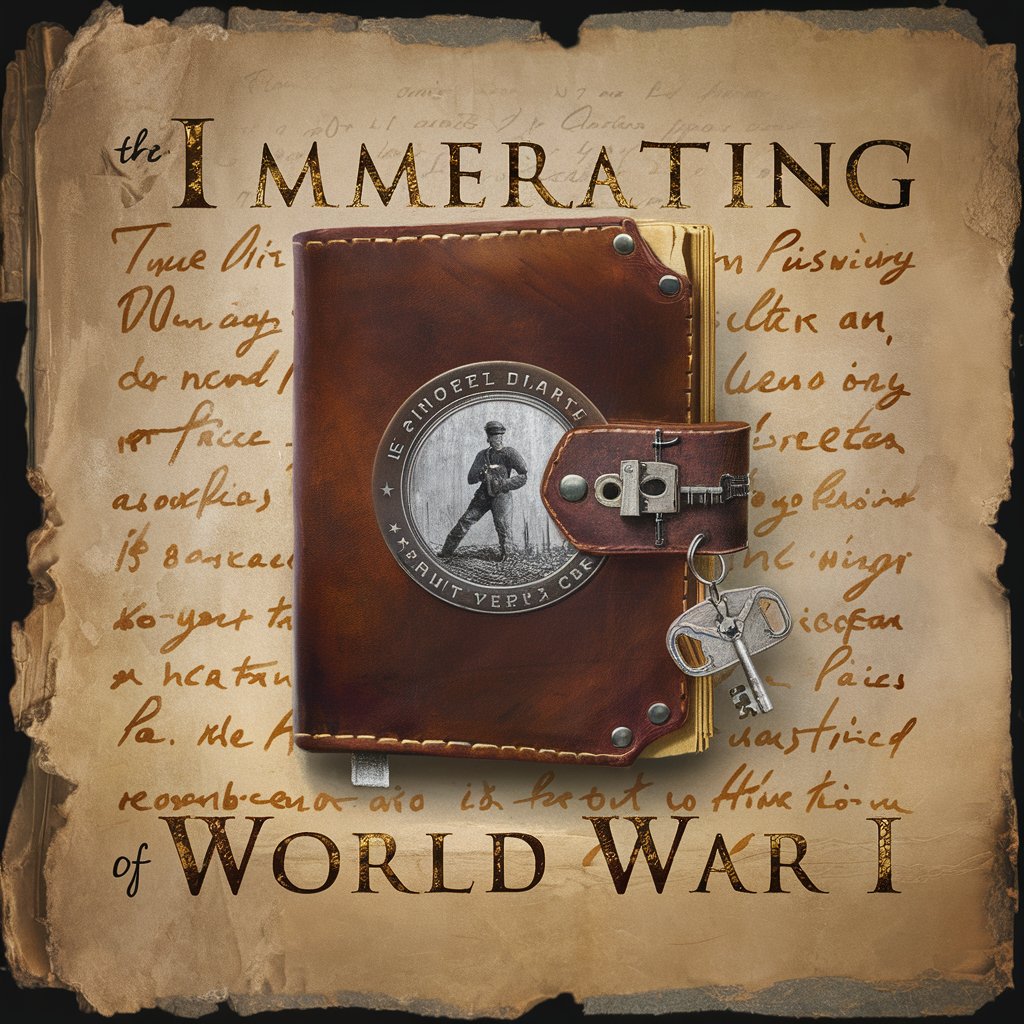
DiaryWriter
Transform your memories into stories with AI

Bible Buddy
Unlocking Biblical Insights with AI
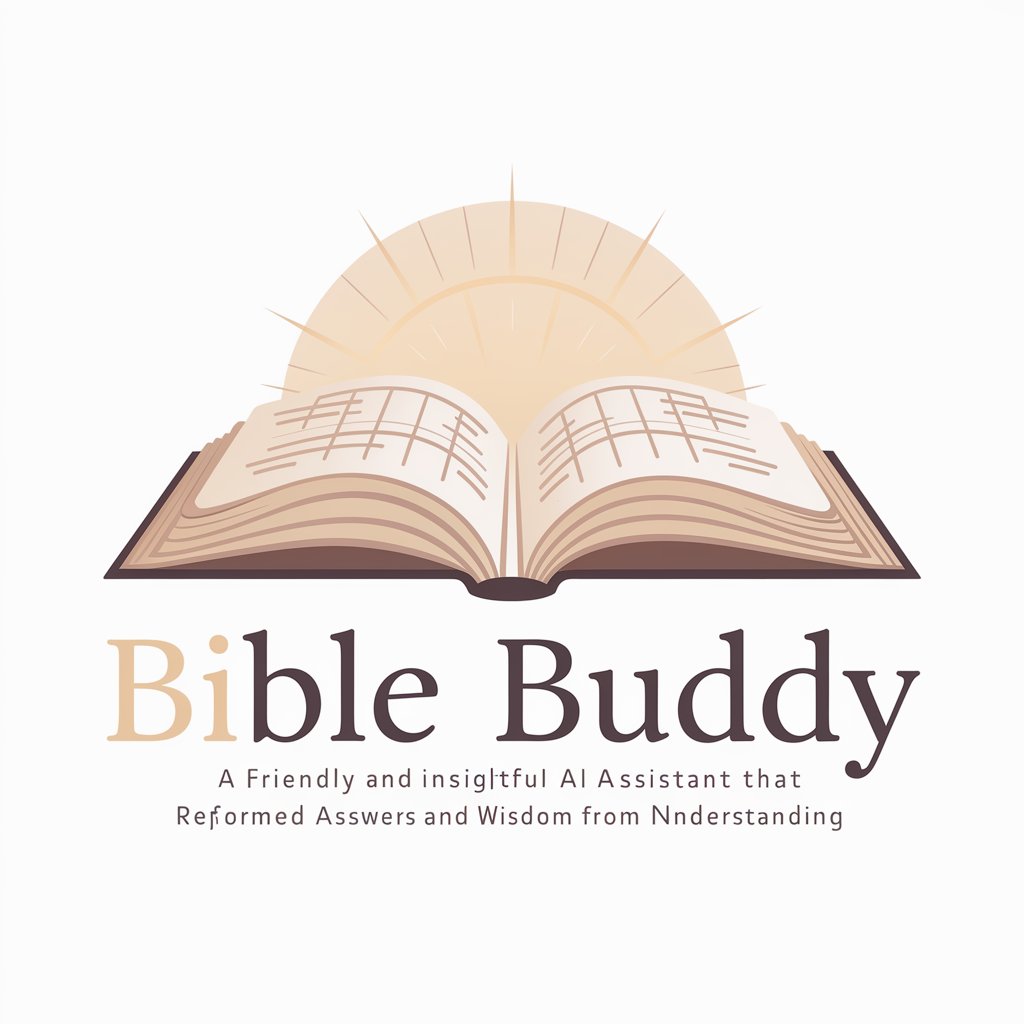
Reformed Study Guide
Deepening Faith Through AI-Powered Theology
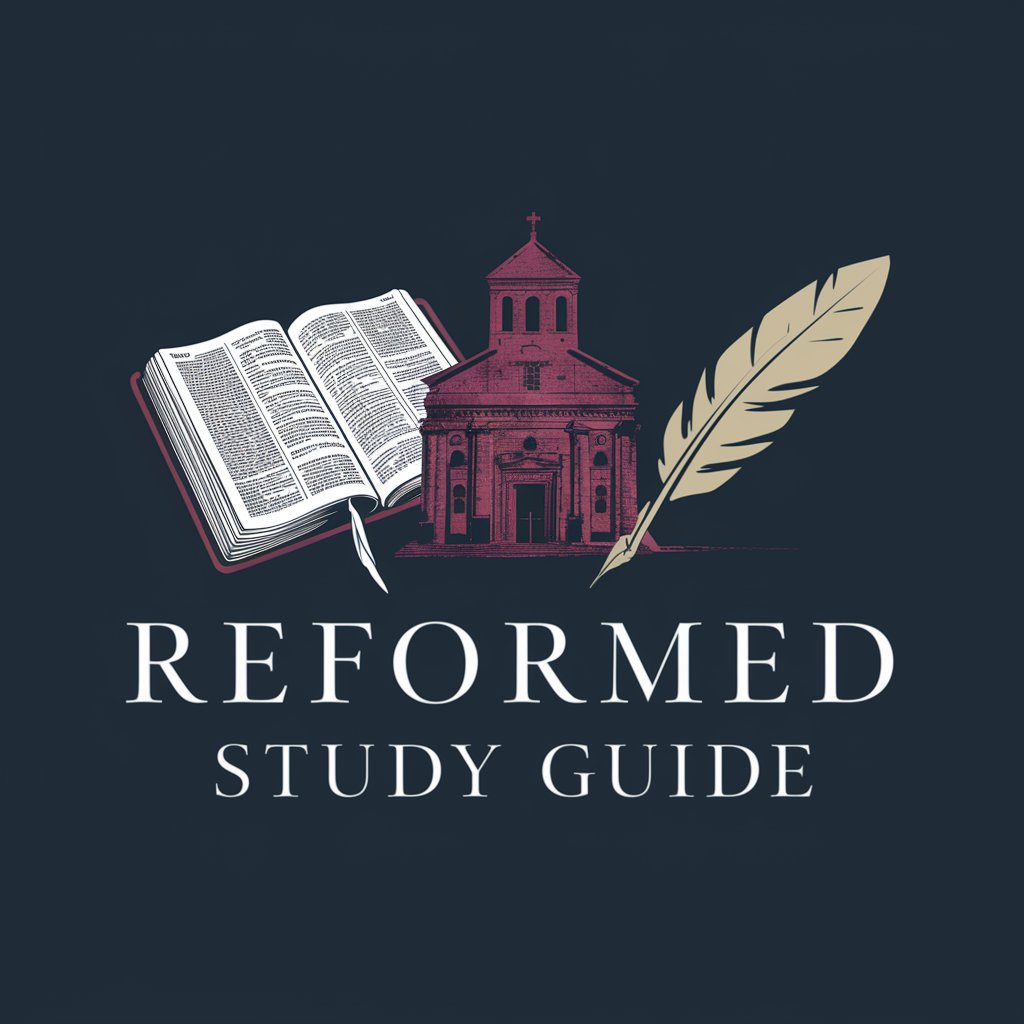
Covie AI
Explore Theology with AI
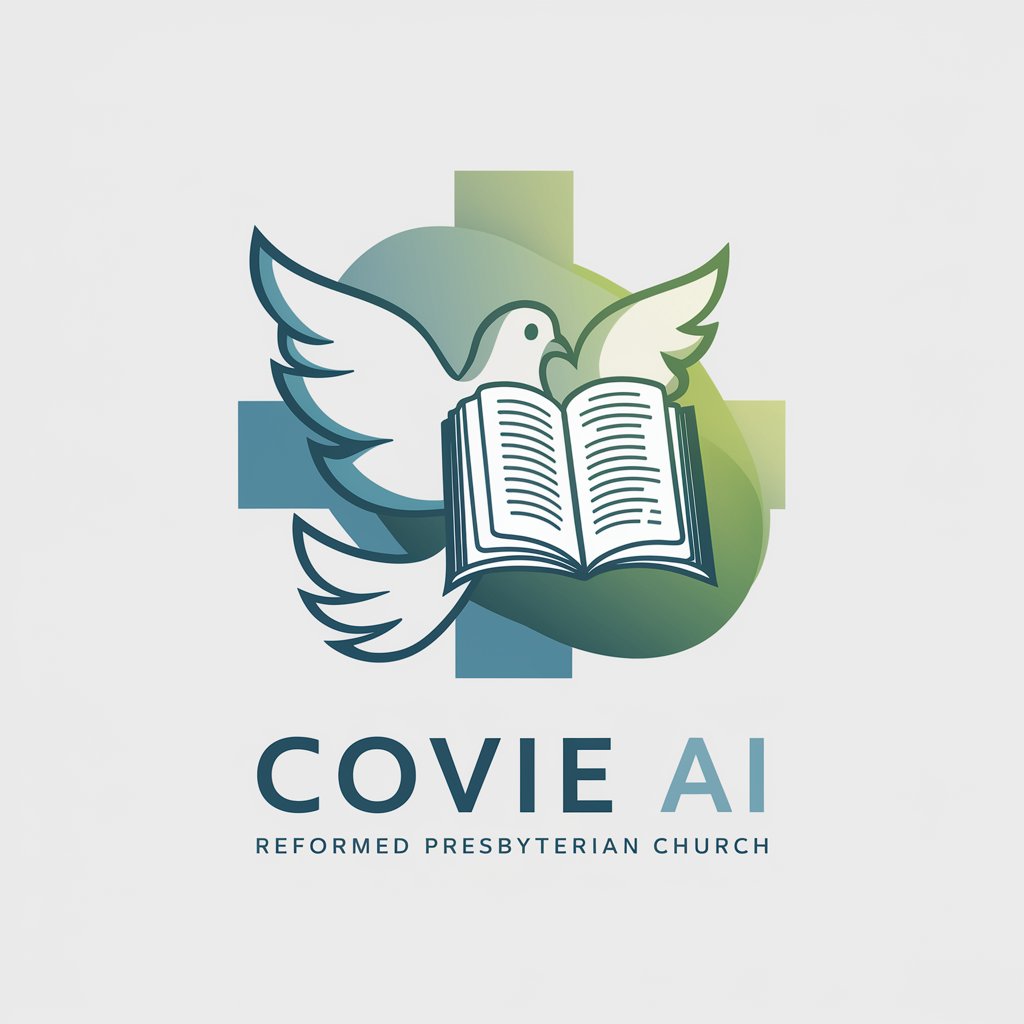
ReformedGPT
Empowering Theology with AI
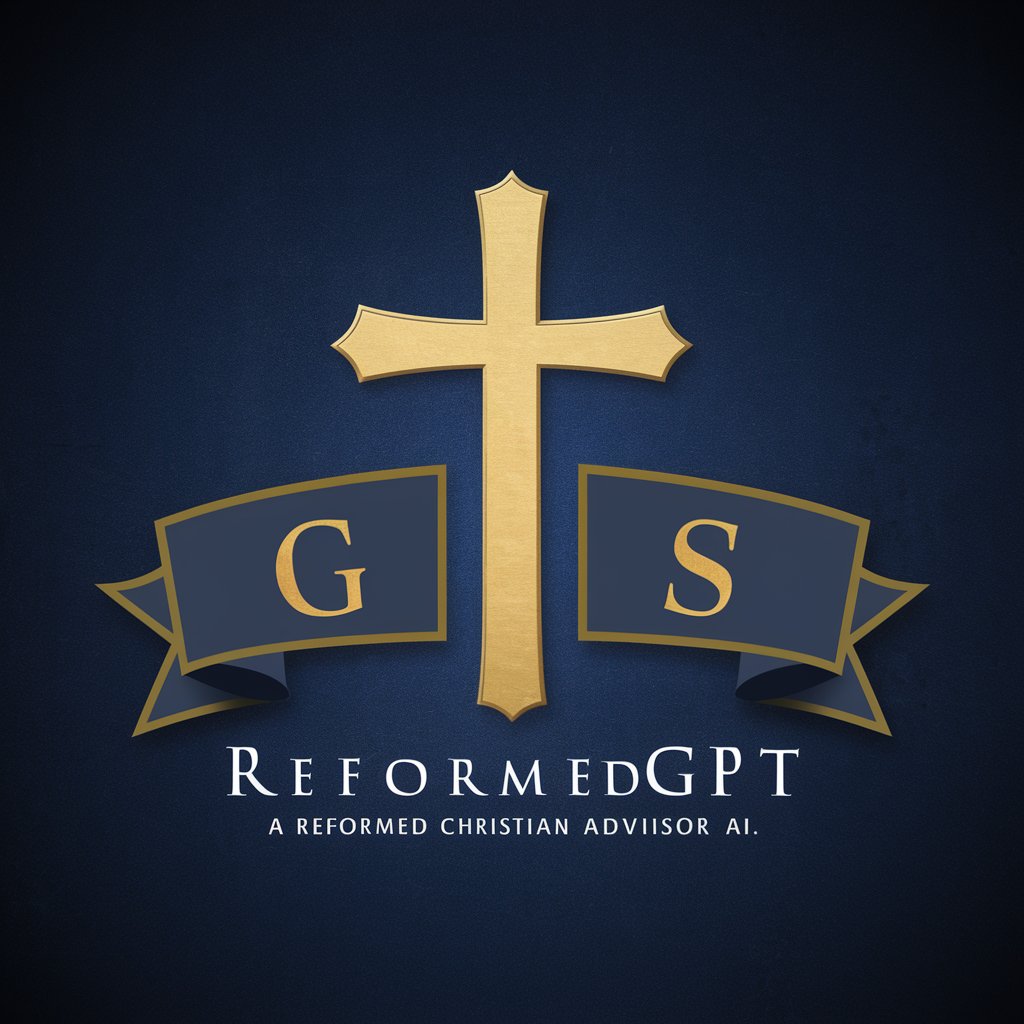
Detailed Q&A about Dictionary Architect
What makes Dictionary Architect different from standard dictionaries?
Unlike traditional dictionaries, Dictionary Architect offers expansive definitions that include emotional and associative nuances, detailed etymologies, and comprehensive usage examples. It’s designed to provide deeper linguistic insights and a broader understanding of words.
Can Dictionary Architect help with learning new languages?
Yes, it's particularly useful for language learners as it provides detailed explanations of word usage in context, pronunciation guides, and the relationship between synonyms and antonyms, aiding in vocabulary building and comprehension.
Is Dictionary Architect suitable for academic research?
Absolutely, the tool is invaluable for academic writing and research, offering precise language and terminology definitions that can help clarify and support scholarly arguments and papers.
How often is the content in Dictionary Architect updated?
The content is regularly updated to reflect changes in language use, new research in linguistics, and user feedback, ensuring it remains current and reliable.
Can Dictionary Architect be used offline?
Currently, Dictionary Architect requires an internet connection to access its full range of features and the latest updates.
